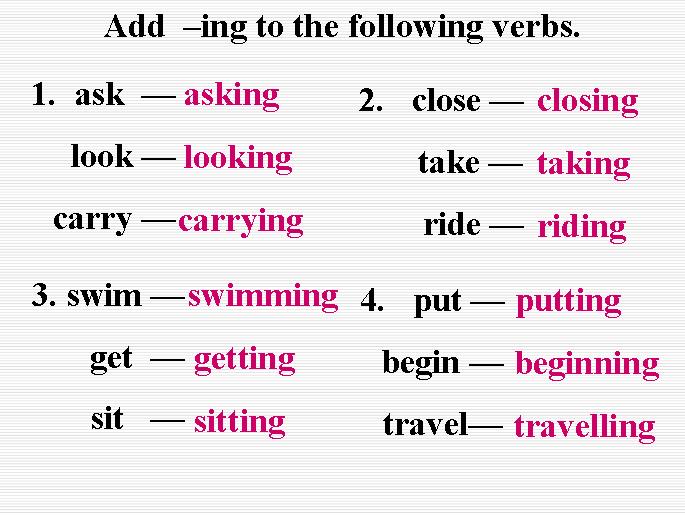過去進行時——表示過去某時正在進行的狀態或動作。

The past continuous tense
相關詞條
- 過去進行時
過去進行時(Past continuous tense或Past Progressive tense),表示過去在某一時間段或某一段時間內正在發生或進行的動作或狀態。在英語時態中,“時“指動作發生的...
- 英語語境語法
3.2 The Past Continuous--Forms3.3 The Past Continuous Tense--Uses3.4 The Past Continuous or the Simple PastREADING The Titanic...
- 大學英語教程_第二冊(修訂本)
Pattern drills:The Past Continuous Tense Text A:“I can work Like any Guy.” Text B:The Fisherman's Wife Lesson six Pattern drills:The Past Perfect ...
- 英語第二冊非英語專業用
II. The Degrees of Adjectives and Adverbs 形容詞和副詞的比較等級III. The Past Continuous Tense 過去進行時第二課I. ... [顯示全部]參考資料 1. 英語(...
- 英語語法看這本就夠了大全集
4.1 一般現在時 Present Simple Tense 4.2 一般過去時 Past Simple Tense 4.3 一般將來時 Future Simple Tense 4.4 過去進行時 Past Continuous Tense 4.5 過去完成...
- 中學生英語寫作新視野3
GrammaticaI Focus:Simple Past Tense;Past Continuous Tense語法要點:一般過去時;...Exercise A:Using the Present Perfect Tense使用現在完成時Exercise B:Using the...
- 全國高等職業技術教育衛生部規劃教材·英語
五、The Present Continuous Tense六、The Past Continuous TenseUnit 6Dialogue: An Evening PartyText A American FamilyText B Family Life...
- 基礎英語語法新透視:句型主導簡明課程
a.The Simple Present Tense一般現在時 b.The Present Continuous Tense現在進行時 C.The Present Perfect Tense現在完成時 d.The Simple Past Tense一般過去時...
- 美語路路通
B. The Present Perfect Tense C. The Perfect Continuous Tenses: An Overview D. The Present Perfect Continuous and Present Perfect Tenses E. The Past Perf...
- 新編實用英語語法指南
9.1 1現在完成進行時(PresentPerfectContinuousTense)9.1 2過去完成進行時(PastPerfectContinuousTense)[同步練習]第10章 被動語態..10.1 語態的含義和種類...
- 世紀英語:讀寫教程2
The Past Continuous Tense Unit 5 What’s the City Famous for Advantages of Tourism The Perfect Tense Unit 6 Revision Unit 7 Let Me Take Your ...
- 英語情景套用語法教程
Unit 1 一般現在時The Simple Present Tense Unit 2 一般過去時The Simple Past Tense Unit 3 現在進行時The Present Continuous Tense Unit 4 過去進行時The ...
- 朗文國際英語教程3
Past Continuous Tense 過去進行時Reporting Past Activities 轉述過去的行為...Telling About the Future 講述將來Expressing Time and Duration 表達時間和時段...
- 新模式實用大學英語2
Grammar Review: 現在進行時(The Present Continuous Tense),過去進行時(The Past Continuous Tense)和將來進行時(The Future Continuous Tense) Supplementary Exercis...
- 高等學校文科教材·英語2
Text:The Peace Rose(Ⅰ)Dialogue:ShoppingGrammar:Ⅰ.The Attributive Clause(Ⅰ)Ⅱ.The Past Continuous TenseWord Study:tell,grow...
- 非英語專業專科用:英語1
過去進行時(Past Continuous Tense) Ⅴ.Language Practice Ⅵ.Supplementary Reading...B.Leaving the Airport Passage Travel Arrangements Ⅱ.Using Words Ⅲ....
